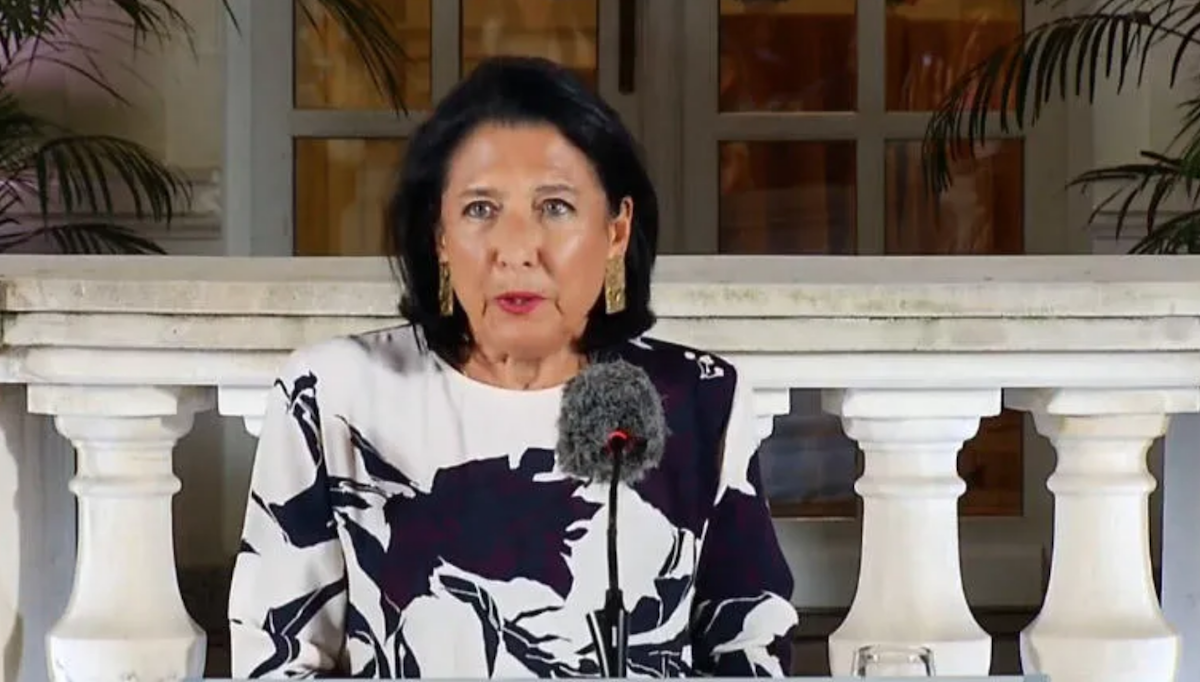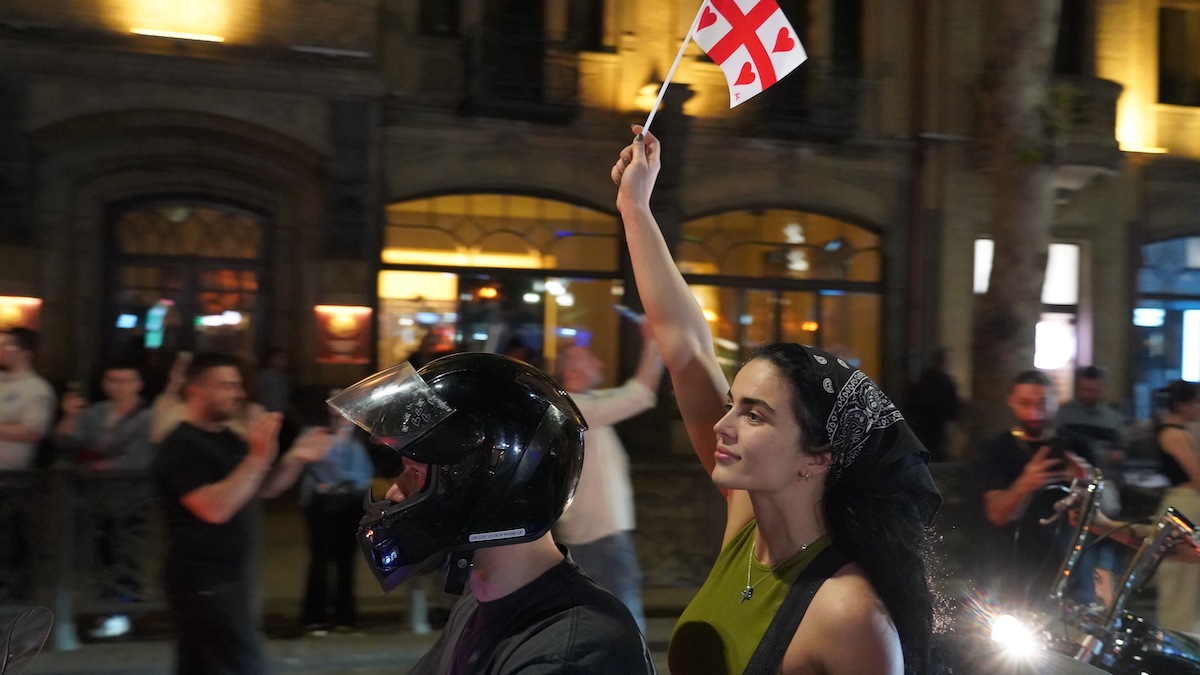"I am ready to run for a second term." Interview with the president of Georgia for Le Figaro
Georgian president’s interview
President of Georgia Salome Zourabichvili gave an interview to the French newspaper Le Figaro, in which she discussed the current events in the country. Among other topics, she touched on the adoption of the “foreign agents” law and the parliamentary elections set for October 26. When asked about her plans after the end of her presidential term in December 2024, Zourabichvili responded that she is ready to take responsibility and run for a second term.
Answering a question about her expectations from France and the European Union, Zourabichvili said that “they must speak out and repeatedly state that what the Georgian government is doing contradicts the European path.” She also noted that she is not a supporter of sanctions.
Key points from Salome Zourabichvili’s interview
● “I am ready to take on greater responsibility, including a second term, to return Georgia to the European path. If my proposed charter comes into force, I am prepared to act as a negotiator with our European partners.”
Georgia faces an existential choice – whether it will follow its European destiny in the parliamentary elections on October 26 or return to subservience to Russia under a regime modeled after Putin’s.
● The “foreign agents” law is aptly called the “Russian law”: this is the very law Putin used to subjugate civil society, and the actions of the Georgian authorities fully align with what Putin is doing.
● The Georgian government is attempting to sever the country from Europe and place it under Russia’s protection. Last spring, the public rejected this law and this direction through mass protests. Now, they will have to prove their position again at the elections.
● The Georgian government has made a very clear choice to move closer to Moscow. This became evident after the full-scale invasion of Ukraine. Since then, attacks on the diplomatic corps of Western countries have taken a systematic form.
The government has abandoned its historically pro-Western stance in favor of ties with Moscow. This is why Russian leaders regularly congratulate their Georgian counterparts on their decisions and statements.
● Whether this is solely an initiative of the ruling Georgian Dream party or pressure from the Kremlin is hard to say. But it is clear that this policy is dictated by oligarch Bidzina Ivanishvili, whose ties to Moscow are highly opaque.
● “I won’t make any predictions, that’s not my job, but I can say with certainty that the future stability of the country depends on a clear victory for the pro-Western opposition on October 26. I am trying to convey this to political parties – now is not the time for rivalry.”
This opposition will not be unified, given recent history, but it can be united enough around the European idea to win 50 or 60 percent of the vote.
The ruling party has weakened since the spring protests. According to polls, it cannot secure more than 25 percent.
● “The paradox is that Georgia has never been this close to Europe, and yet this very moment has been chosen by certain forces to stifle our deep aspiration. The awareness of the historical significance of this moment is so strong that, according to statistics, in the first six months of 2024, the number of young people leaving the country has decreased—they know they must stay and fight to ensure Georgia does not miss this chance. These elections will be a referendum on Georgia’s European future.”
● “[The EU and France] must continue to say and repeat that what the Georgian government is doing contradicts the European path. This path requires the repeal of the ‘foreign agents’ law and similar laws. I am not a supporter of sanctions. They could be misinterpreted by the population, but that doesn’t prevent us from stating what will happen after the elections if the pro-Russian orientation is confirmed.”





















